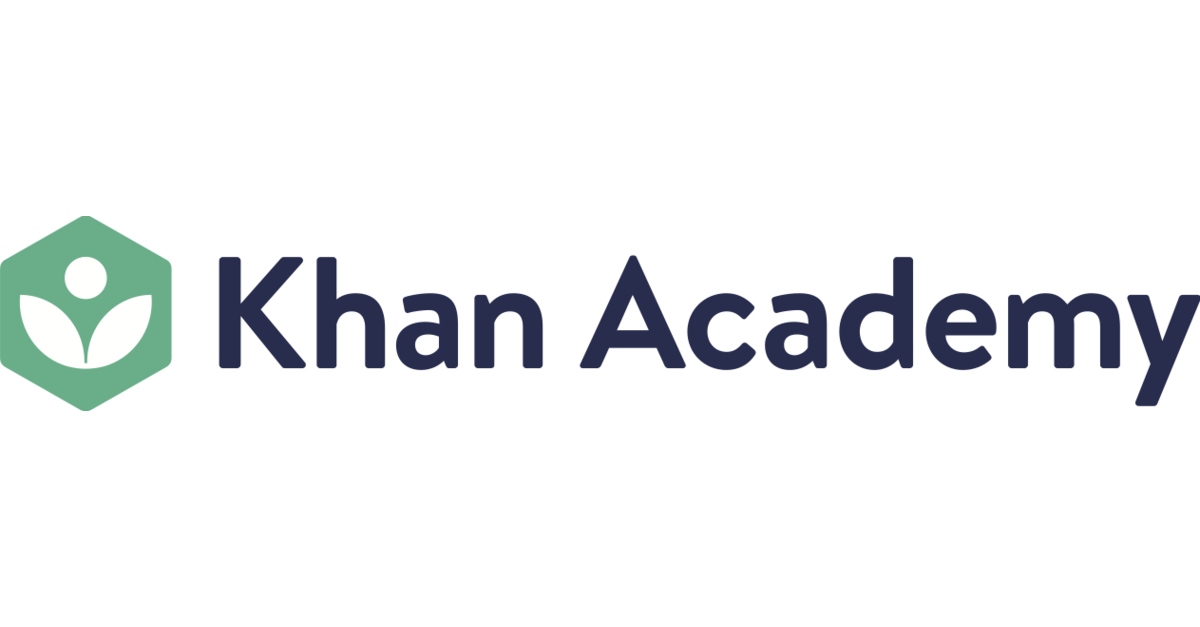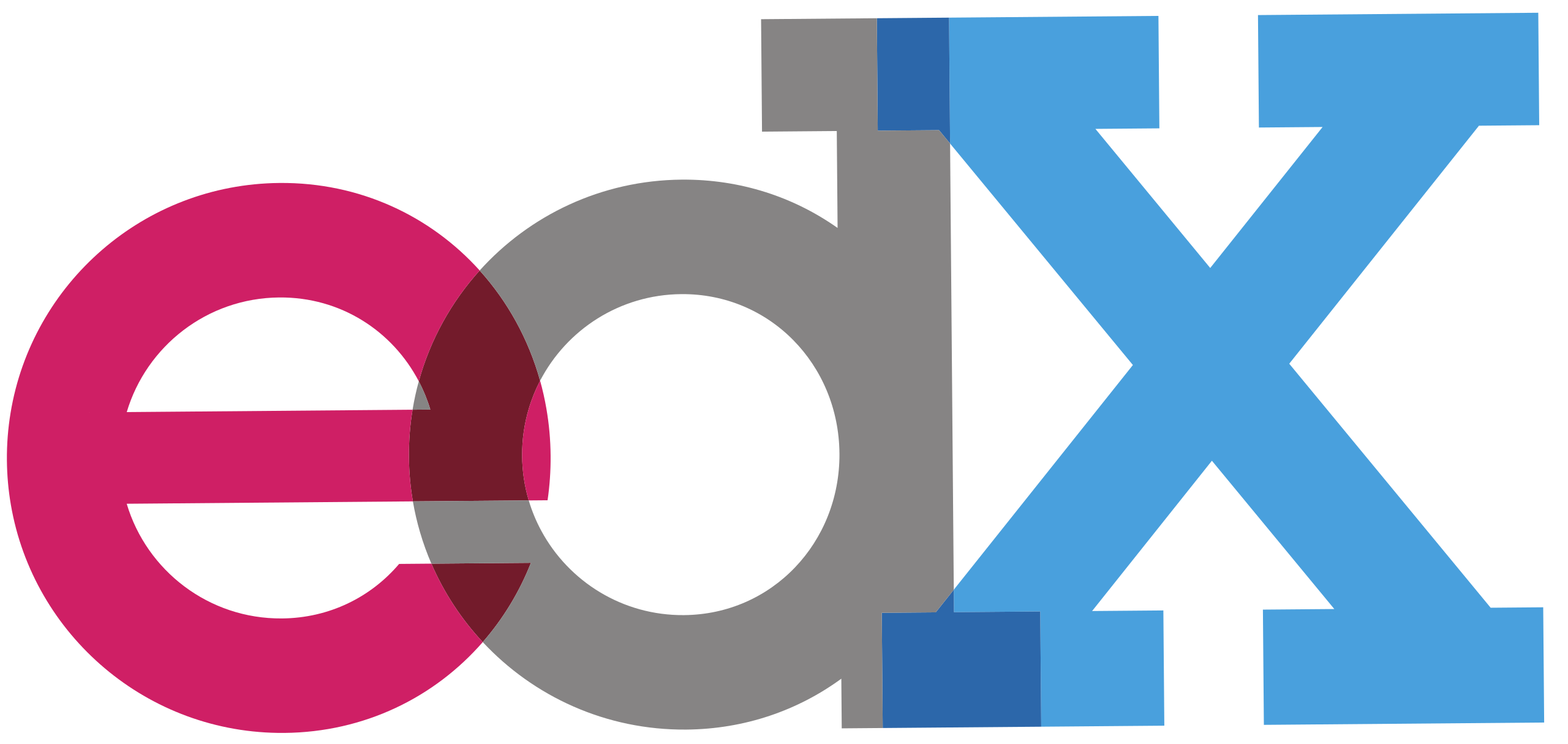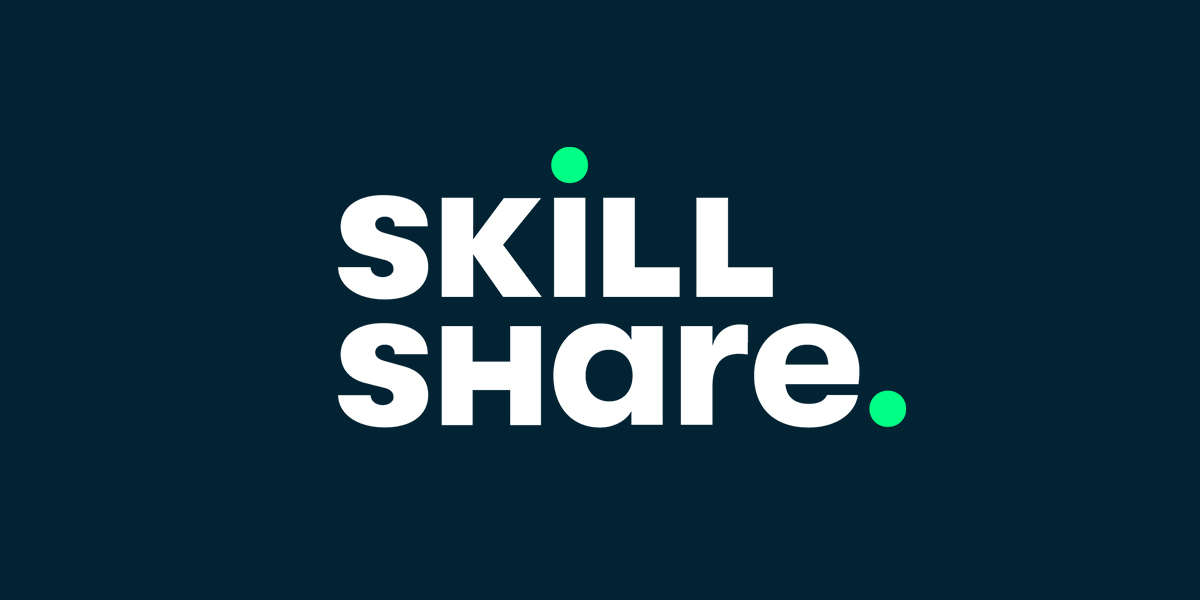The realm of education has been profoundly impacted by the emergence of EdTech startups. These pioneering ventures are leveraging technology to revolutionize the way students learn, educators teach, and educational institutions operate. In this article, we embark on a journey to explore the world of EdTech startups, uncovering their innovative solutions, transformative impact on learning outcomes, and the potential they hold for shaping the future of education.
From interactive learning platforms to AI-powered tutoring and virtual classrooms, EdTech startups are redefining traditional educational paradigms. Join us as we delve into the success stories of these trailblazing EdTech startups, their core objectives, and how they are reshaping the educational landscape for learners and educators alike.
Top EdTech Startups of 2023
Duolingo

Duolingo is a renowned educational technology startup that is headquartered in Pittsburgh, Pennsylvania, United States. The company was initially launched in November 2011 and has since grown significantly in its scope and reach.
In terms of funding, Duolingo has raised a substantial amount of capital over multiple funding rounds. As of its latest Series H funding round, the company has raised an impressive total of $183 million.
To provide a description of the company: Duolingo is dedicated to democratizing education through the power of technology. It is known for being the world’s most popular platform to learn languages, offering 36 different language courses in 24 languages. The platform relies on a freemium model offering a mix of free language training along with paid premium services. Duolingo isn’t just a business — it’s a multi-platform language-learning service that thrives to transform the way people study foreign languages. It innovatively uses gamified lessons and immediate grading to maintain the learner’s engagement, making language learning an easily accessible and enjoyable experience.
Khan Academy

Khan Academy is located in Mountain View, California in the United States. The online learning platform was founded by Salman Khan in 2008.
Funding information for Khan Academy is somewhat imprecise; however, it’s known that in 2010 the company received a donation of $1.5 million from The Bill and Melinda Gates Foundation. Google also announced around the same time that it would fund the creation of more courses with $2 million. Yet, please note that Khan Academy, being a non-profit, relies on donations rather than traditional fundraising.
Khan Academy is a non-profit educational organization which aims to provide a free, world-class education to anyone, anywhere. The platform contains practice exercises, instructional videos, and a personalized learning dashboard that empowers learners to study at their own pace in and outside of the classroom. The vast range of subjects and courses available include math, science, computing, history, art history, economics, and more. Khan Academy also caters to all grade levels, from kindergarten to early college. With its mission of democratizing education, Khan Academy strives to break down barriers and make learning accessible to all.
Udemy

Udemy is a well-established online learning platform that is headquartered in San Francisco, California, United States. The company was founded in May 2010.
As a startup, Udemy managed to raise approximately $223 million in funding over various rounds. However, please note that the firm is now a mature company that is beyond its startup phase.
Regarding the description of the company, Udemy serves as a marketplace for teaching and learning. It connects instructors with students, offering a platform where experts can create and share paid courses to advance the skills of their learners. This extensive online learning platform covers a wide array of subjects, from business and academics to personal development and hobbies. Courses are offered in multiple languages, further broadening Udemy’s reach. For those interested in creating content, Udemy offers free course-building tools and allows instructors to earn money from their course sales.
Coursera

Coursera is a globally recognized online education platform headquartered in Mountain View, California, USA. The company was founded in April 2012 by Andrew Ng and Daphne Koller, two Stanford Computer Science professors. Throughout its existence, the company has managed to raise approximately $443.1 million as per the data available until January 2021.
Coursera is designed to offer universal access to high-quality education. It partners with top universities and educational institutions worldwide to provide online courses, certifications, and degrees in a variety of subjects. Courses are flexible, allowing students to learn at their own pace. Alongside general courses, Coursera also facilitates professional certificate programs, mastertrack certificates, and online degree programs. Subjects taught range from humanities and business to computer science and data science. The platform serves millions of learners around the globe, providing opportunities for lifelong learning and skills enhancement.
edX

EdX is a global non-profit organization headquartered in Cambridge, Massachusetts, United States. The company was founded in May 2012 by Harvard University and Massachusetts Institute of Technology (MIT).
As for the funding, edX doesn’t operate with traditional fundraising or capital investments, as it is a non-profit and open-source platform. However, it was initially funded with $60 million from MIT and Harvard.
Detailing about the company, edX is an open online course provider that hosts online university-level courses in a wide range of disciplines for a global student body. The courses are offered by some of the world’s best universities and institutions. The platform allows learners around the globe to acquire new knowledge, develop their skills, and earn university credits or professional certificates. The subjects span across humanities, math, computer science, and more. The edX learning experience is designed to be interactive and engaging, featuring video lessons, quizzes, interactive readings, and forums for discussion.
Skillshare

Skillshare is a promising startup based in New York, United States. The company was established back in November 2010 by Michael Karnjanaprakorn and Malcolm Ong. The platform has done quite well in funding rounds, raising approximately $42.3 million in funds overall.
Skillshare is an innovative online learning community, it is essentially a platform that strives to bridge the knowledge gap and inspire lifelong learning. Focused on interactive learning, Skillshare offers thousands of inspiring classes for creative and curious people, on topics including illustration, design, photography, video, freelancing, and more. The unique aspect of Skillshare is that it is largely project-based – meaning you apply what you learn to a project, which one can then add to their portfolio.
The company’s vision is to connect like-minded learners and passionate creatives from all around the globe, making the learning process more engaging and interactive. As of today, Skillshare boasts over 4 million students, and more than 5000 teachers – making it an impressive player in creative online learning.
Masterclass

MasterClass is a San Francisco, California-based startup company that was founded in 2015. The company has managed to raise a substantial amount of around $236.4 million in funding.
MasterClass is an online education platform that provides classes taught by world-renowned instructors in various fields. These classes range from acting to cooking to writing, among many others. Each class is uniquely tailored to provide an in-depth study of the subject matter as instructed by the expert. The platform provides videos of lessons, interactive assignments, and more. This allows for an immersive study that can cater to both the intermediate and advanced levels of a learner. It’s certainly a unique contribution to the digital education landscape.
Teachable
Teachable is a startup based in New York, United States. The company was founded in 2014 by Ankur Nagpal. It has successfully raised a total of $12.5M in funding.
Teachable is an innovative platform with a mission to enable anyone to create and sell their own online courses. This service provides people with the tools they need to design a comprehensive and interactive online course, as well as manage students, payments, and marketing, all through a user-friendly interface. It’s a great solution for experts, educators, and businesses alike, who want to share their knowledge and monetize their skills in an easy, accessible format online. This platform offers a variety of features like custom domain support, sales pages, coupon codes, and affiliate marketing.
Knewton
Knewton is a startup company based in New York City, United States. The company was founded in 2008 by Jose Ferreira. Knewton was initially funded through venture capital and it raised approximately $180 million in funding over several investment rounds.
Knewton is an educational technology company that designed an adaptive learning technology platform. It uses data to continuously personalize the content to an individual student’s needs. The platform analyses data about how a student performs and predicts what the student is most likely to need to learn next. It aims to help educators deliver customized learning experiences that drive superior learning outcomes for all students. The company’s primary products include Knewton Alta, a fully integrated, adaptive learning courseware for higher education, built around a vast library of diverse, high-quality open educational resources. The platform has been used internationally by students and teachers alike to optimize learning experiences.
Frequently Asked Questions
Q. What is an EdTech startup, and how does it differ from traditional education providers?
An EdTech startup is a company that utilizes technology, such as software applications, online platforms, artificial intelligence, and data analytics, to enhance and innovate educational processes. Unlike traditional education providers, EdTech startups often focus on leveraging digital advancements to offer more personalized and interactive learning experiences.
Q. What types of solutions do EdTech startups offer?
EdTech startups offer a diverse array of solutions, including interactive learning platforms that cater to individual learning styles, AI-powered tutoring that provides personalized guidance, virtual classrooms that enable remote learning, and gamified educational apps that make learning engaging and fun.
Q. How do EdTech startups improve learning outcomes for students?
EdTech startups improve learning outcomes by tailoring educational content to individual student needs, providing real-time feedback and assessments, offering interactive and multimedia-rich learning experiences, and fostering a self-paced and student-centered approach to learning.
Q. What challenges do EdTech startups face in the education industry?
EdTech startups encounter various challenges, including gaining widespread adoption in traditional educational settings, addressing concerns about data privacy and security, ensuring equal access to technology for all students, and aligning their solutions with educational standards and curricula.
Q. How do EdTech startups ensure data security and privacy for students?
EdTech startups prioritize data security and privacy by implementing robust encryption protocols, adhering to relevant regulations (e.g., COPPA in the United States), and adopting stringent data access controls. Regular security audits and compliance checks are common practices.
Q. Are EdTech startups replacing traditional classrooms and educators?
EdTech startups are not aiming to replace traditional classrooms and educators but rather to enhance and complement them. They serve as valuable tools for educators, providing resources, data-driven insights, and personalized learning experiences that can augment traditional teaching methods.
Q. How are EdTech startups fostering digital literacy and technology skills among students?
EdTech startups play a vital role in fostering digital literacy and technology skills by immersing students in interactive digital learning environments. Through hands-on experiences with technology tools and platforms, students develop the digital competencies essential for success in the modern world.
Q. What impact do EdTech startups have on educational accessibility and inclusivity?
EdTech startups contribute to educational accessibility and inclusivity by breaking down barriers to learning. Their online platforms and virtual classrooms allow students from diverse backgrounds and geographic locations to access quality education, regardless of physical proximity to educational institutions.
The post Top EdTech Startups of 2023 appeared first on KillerStartups.



0 Commentaires